Fusion Digital Assets Aims for Live Trades in 2023
Fusion Digital Assets Aims for Live Trades in 2023
Fusion Digital Assets is on-boarding customers and aims to have the first live trades on TP Icap’s wholesale marketplace for spot crypto assets in the early part of 2023 after successfully registering with the UK Financial Conduct Authority.
In December 2022 Fusion Digital Assets, which is only available for institutions, registered as a crypto asset exchange provider with FCA. The platform consists of three integrated elements – Fusion, TP Icap’s over-the-counter electronic trading platform; custodian Fidelity Digital Assets providing independent safe keeping of clients’ inventories and settlement services through a segregated model; and Diversified Liquidity anonymously aggregating streaming liquidity from market makers and uncorrelated liquidity from across TP Icap’s global client base.
Simon Forster, co-head of digital assets at TP Icap Group, told Markets Media that after achieving the FCA registration, the business is focussed on a successful launch through its already completed integration with Fidelity Digital Assets.
“We are on-boarding customers and hope to put the first live trades through the platform in the early part of next year, build a critical mass of clients and have an official launch in the first half of next year,” he added.
The crypto industry has been hit by the collapse of FTX, one of the largest crypto trading venues. Duncan Trenholme, co-head of digital assets at TP Icap Group, told Markets Media that, as a result, market participants have a renewed focus on counterparty risk, governance, segregation of client funds and appropriate controls.
“Key to our design of the operating model was that clients will have a separate independent relationship with their custodian, who provide settlement services to the market, and that the exchange itself does not hold client funds,” Trenholme added. “I think it is an important time to be offering a credible alternative in digital assets, especially for those of our traditional customers who have yet to enter the market.”
Trenholme continued that the motivation behind providing this infrastructure was to offer a fit-for-purpose, credible entry point for the majority of TP Icap’s traditional customers.
“The model was based on client feedback that they struggled to enter crypto based on the current participants, structures and the jurisdictions,” he said.
Forster thinks it is still quite early to pick through the debris of FTX but there are a percentage of clients that were close to entering the market and will now press pause.
“Certainly, what we are seeing and hearing from customers is it changes your view on where you will potentially do business,” said Forster. “There was a segment of our clients that were potentially dealing on certain exchanges and platforms and, moving forward, will be more focussed on the things we have been building and why we developed Fusion Digital Assets with a segregated custody solution and an appropriate regulatory framework.”
Forster described the FCA registration as an exciting next chapter because Fusion Digital Assets can be more visible and vocal across TP Icap’s client base.
“It will be critical to our success to articulate the message around why the model is different and why it solves some of the potential problems that have been highlighted over 2022,” he added.
Broking desk
The FCA registration builds on TP Icap’s footprint in digital assets since 2019 as the team has been providing price discovery and execution services across a range of crypto assets. The business also covers a range of crypto asset exchange-traded funds and exchange- traded commodities. Crypto asset OTC derivatives are expected to follow in the coming months.
Trenholme said the first stage of TP Icap’s digital asset strategy was setting up a traditional broking desk for crypto derivatives on regulated exchanges, such as CME Group.
“This year we are starting to see the rewards of that work,” he added. “Regulated exchanges have not been the major liquidity venue for crypto derivatives to date, but we have seen a real flight to quality this year.”
The broking business is now established and there is a large addressable market as only a very small percentage of TP Icap’s customers have so far entered the asset class according to Trenholme.
“The key for us is having a blend of liquidity in terms of market makers and ELPs and uncorrelated passive flow providing an environment and infrastructure where customers can transact through a genuine wholesale market,” he said.
Outlook for 2023
Forster said 2023 is all about connectivity to clients, custodians, and other distribution channels across TP Icap’s network.
“We are laying the foundations of connecting custody, execution and distribution which are the three key areas that are very difficult to combine effectively within crypto and think is a unique selling point for Fusion Digital Assets,” said Forster.
By the end of 2023 TP Icap would like to have a healthy crypto marketplace with Fidelity Digital Assets acting as the initial custodian. The business would like to be along the journey of connecting to at least one other custodian, and there will probably be some clarity around how to integrate with different parts of TP Icap.
“A number of native crypto asset custodians have emerged, and some are doing a phenomenal job,” added Forster. “However, our clients say it is difficult to start a completely new relationship for a reasonably small asset class and a reasonably small allocation of their overall business so firms like BNY Mellon and Nasdaq are positive signs to create that foundation on which the rest of the market can be built.”
In September this year Nasdaq said it will develop an advanced custody solution that will incorporate liquidity and execution services to address industry challenges around connectivity, availability, and efficiency. The following month BNY Mellon, which is 238-years old, announced that its Digital Asset Custody platform was live in the U.S with select clients able to hold and transfer bitcoin and ether. Cboe Global Markets has recently completed the syndication of minority equity interests with a group of thirteen firms becoming investor partners in the Cboe Digital business.
Forster said: ”The space is going to become very competitive, which is a great sign because it means we are pointing in the right direction.”
He argued that TP Icap has given itself a good opportunity to be relevant in crypto after developing relationships with trading clients, custodians, people across the market and also building trust.
“You cannot fast track those things and I think we do have an advantage being an early mover,” he added “Now it is a case of ensuring we execute on the strategy that we clearly defined over three years ago.”
Tokenization
Another phase of TP Icap’s strategy is exploring tokenization. Trenholme said the firm is focusing on establishing Fusion Digital Assets within the crypto asset class and will then explore using the same infrastructure to run secondary markets in other digital products, such as tokeniezd bonds or a tokenized carbon instrument, with all of them settling on the underlying blockchain technology through a network of digital custodians.
TP Icap will also look at more exploration around where T+0 settlement used in digital assets can benefit traditional markets and where smart contracts can potentially simplify operational processes.
“The industry has certainly moved forward with tokenization but wide scale adoption of the technology is likely a 10 to 15-year transition,” added Trenholme. “There are no guarantees of success as it may not solve problems in every asset class.”
He continued that in order to leverage the benefits of tokenization, a critical mass of participants need to have digital wallets and crypto has been the catalyst for driving that change to date.
“In the last 18 months there has been a huge number of requests for information from traditional firms for blockchain and digital wallet capabilities,” Trenholme said. “Beyond just crypto, we believe firms will soon realise that they can use digital wallets for a multitude of different asset classes in token form.”
Read the full article at MarketsMedia here.










